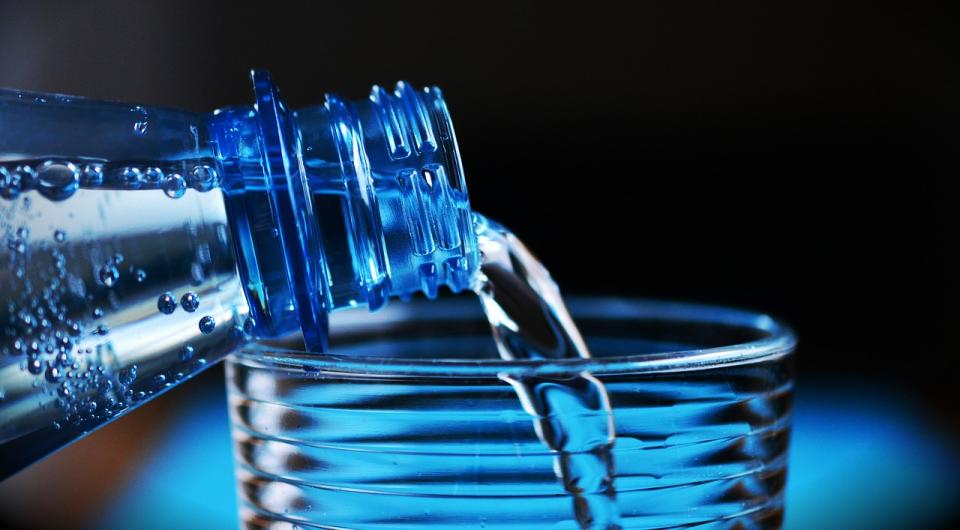Scientists use molecular 'sieve' to purify water
The new desalination technology is inexpensive and energy efficient.
Researchers have taken a major step forward in making previously undrinkable water drinkable, therefore tackling one of the biggest challenges faced by the planet -- some 1.2 billion people lack access to clean drinking water (a number which is set to grow as populations increase). By modifying graphene oxide membranes, the international team of researchers has created what is essentially a molecular "sieve". The selectively permeable membrane lets some molecules through while trapping others behind, producing water at various levels of cleanliness suitable for drinking or for industrial applications.
Even in the early stages of development, the membrane -- which uses a simple spray-on technology – rejected 85 percent of salt and 96 percent of dye molecules, and represents a relatively inexpensive and much more environmentally-friendly alternative to current desalination methods, which are typically very energy intensive.
"Our dream is to create a smart membrane that combines high flow rates, high efficiency, long lifetime, self-healing and eliminates bio and inorganic fouling in order to provide clean water solutions for the many parts of the world where clean water is scarce," says Mauricio Terrones, professor of physics, chemistry and materials science and engineering, Penn State. "This work is taking us in that direction."


